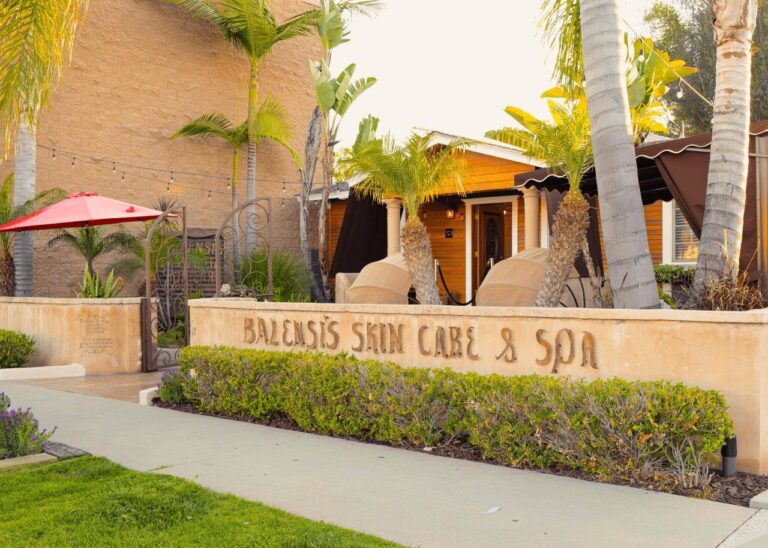SPENGA Franchise FDD, Profits & Costs (2025)

SPENGA is a distinctive fitness franchise that integrates spin, strength training, and yoga into a comprehensive 60-minute workout aimed at delivering top-notch physical fitness.
Founded with a focus on blending these three crucial components of fitness—cardio, strength, and flexibility—SPENGA offers a unique approach in the fitness industry, distinguishing itself from other workout routines.
This integrated workout experience is aptly captured in its slogan, “Ride, Rep, Revive,” underscoring its commitment to a balanced fitness regimen.
Headquartered in Chicago, Illinois, SPENGA began franchising shortly after its establishment, propelled by the collective expertise of its founders who have significant experience in the fitness industry, dating back to 2003.
Initial Investment
How much does it cost to start a Spenga franchise? It costs on average between $480,000 – $790,000 to start a Spenga franchised studio.
These initial investment costs typically cover construction, fitness equipment, studio inventory, and initial operating expenses.
The specific amount varies based on factors like studio location, whether the franchisee chooses to lease or purchase the property, and any customizations made to meet local market needs and branding requirements. Spenga offers 2 types of franchises:
| Franchise Model | Initial Investment |
|---|---|
| Spenga Traditional Model | $552,267 to $789,595 |
| Spenga Single Combo Model | $480,280 to $566,143 |
We are summarizing below the main costs associated with opening a Spenga Traditional Model.
For more information on the various types of franchises and its costs, refer to the Franchise Disclosure Document (Item 7).
| Type of Expenditure | Amount |
|---|---|
| Initial Franchise Fee | $49,500 |
| Lease – Security Deposit | $5,425 – $19,966 |
| Lease Expenses – 3 Months | $0 – $59,898 |
| Leasehold Improvements | $379,829 – $469,656 |
| Fitness Equipment – Ongoing Payments | $13,031 – $15,706 |
| Other Equipment, Furniture, Fixtures, and Equipment | $7,832 – $12,669 |
| Grand Opening Marketing Expense and Pre-Opening Activity Expenses | $20,000 – $30,000 |
| Signage | $13,500 – $24,000 |
| Computer Hardware and Software | $4,000 – $6,000 |
| Opening Supplies | $1,700 – $2,100 |
| Insurance | $1,200 – $4,000 |
| Other Deposits | $1,000 – $2,000 |
| Professional Fees | $2,500 – $5,000 |
| Initial Training Expenses | $1,000 – $4,000 |
| Additional Permits, Approvals and Qualifications | $250 – $1,000 |
| Initial Inventory of Retail Items | $4,000 – $6,500 |
| Audio Video Package | $35,500 – $39,500 |
| Employee Recruiting | $2,000 – $7,500 |
| Construction Design and Review Compliance | $0 – $5,600 |
| Additional Funds – 3 Months | $10,000 – $25,000 |
| Total | $552,267 – $789,595 |
Spenga Franchise Disclosure Document
Frequently Asked Questions
How many Spenga locations are there?
As of the latest data, SPENGA operates 50 locations across the United States. Out of these, 49 studios are franchise-owned, with one being owned by the company.
What is the total investment required to open a Spenga franchise?
The total investment required to open a Spenga franchise ranges from $480,000 to $790,000.
What are the ongoing fees for a Spenga franchise?
SPENGA franchisees pay an ongoing royalty fee, set at 7% of Net Cash In (NCI) or a minimum of $1,000 per month. Additionally, they contribute up to 2% of NCI to the Brand Development Fund for national marketing.
Franchisees are also required to spend between $3,000 and $4,000 monthly on local marketing to support membership growth in their area. These fees support both brand consistency and local market success.
Who owns Spenga?
SPENGA is a privately held company. Founded in 2015, it operates under a franchise model, with numerous studios owned and managed by individual franchisees across various locations.
This structure allows local owners to bring SPENGA’s unique fitness experience to their communities while maintaining the brand’s core values and workout methodology.
Disclaimer
Disclaimer: This content has been made for informational and educational purposes only. SharpSheets is an independent educational resource and is not affiliated with, endorsed by, or representing any franchisor mentioned on this website. Where noted, figures are taken from the franchisor’s Franchise Disclosure Document (FDD). In some cases, we may provide independent calculations or estimates based on publicly available information. We do not make any representation or warranties with respect to the accuracy, applicability, fitness, or completeness of the information presented in the article. You should not construe any such information or other material as legal, tax, investment, financial, or other professional advice. Nothing contained in this article constitutes a solicitation, recommendation, endorsement, advertisement, or offer to buy or sell any franchises, securities, or other financial instruments in this or in any other jurisdiction in which such solicitation or offer would be unlawful under the franchise and/or securities laws of such jurisdiction.
All content in this article is information of a general nature and does not address the detailed circumstances of any particular individual or entity. Nothing in the article constitutes professional and/or financial and/or legal advice, nor does any information in the article constitute a comprehensive or complete statement of the matters discussed or the law relating thereto. You alone assume the sole responsibility of evaluating the merits and risks associated with the use of any information or other content in this article before making any decisions based on such information or other content.




